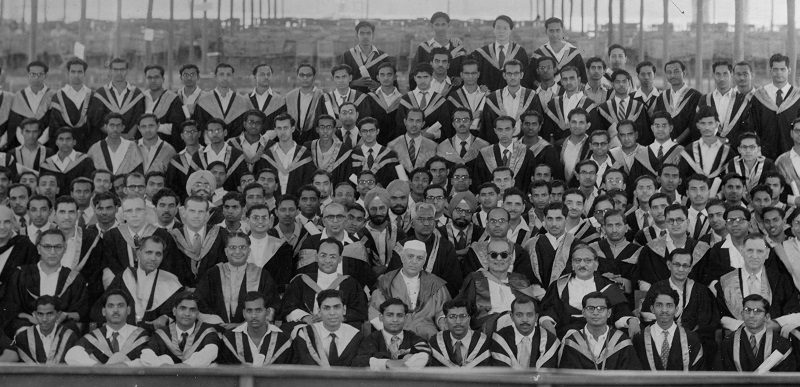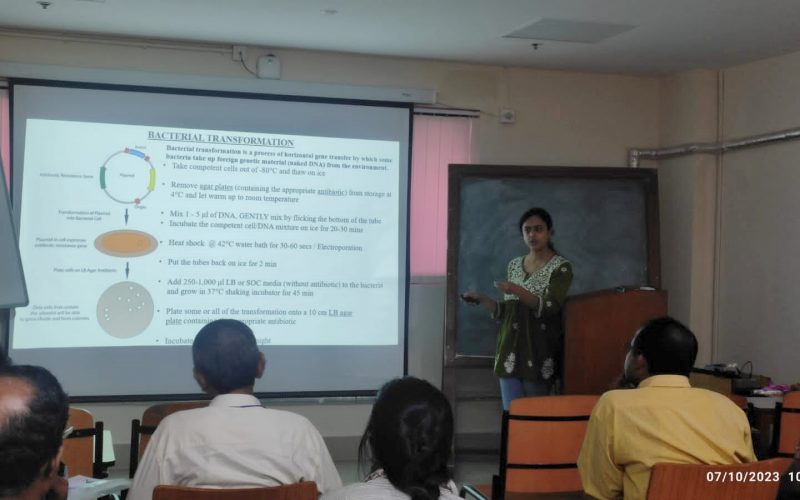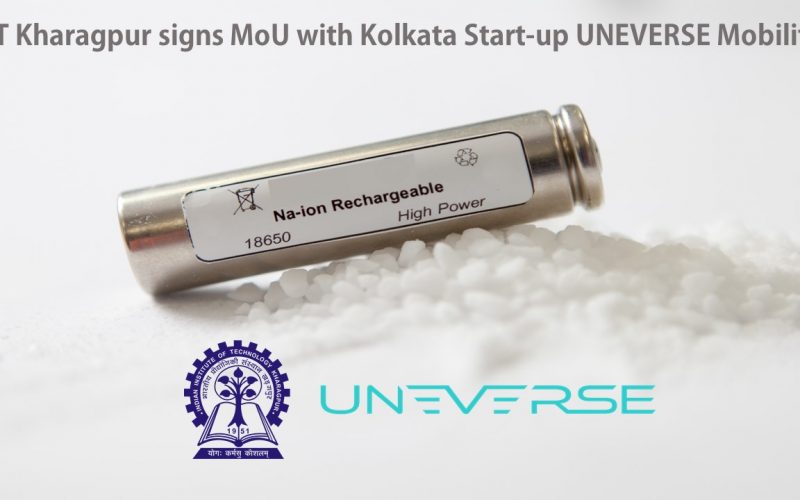
‘Our classes were held where freedom fighters were locked up,’ says Narasimhan Venkatesan Patel, Alumnus of the First Batch at IIT KGP
Mr. Narasimhan Venkatesan Patel, Former Member of the Railway Board and an Electrical Engineering Alumnus (1951-55) of IIT Kharagpur, shares some interesting anecdotes about the faculty and how IIT Kharagpur took special tutorials of students who appeared in Class 12 exams from different boards or syllabi. The Indian Institute of Technology, Kharagpur was established in 1951 and is the oldest among all the IITs in the country. As the institute was set up in the Hijli detention camp of West Bengal, it has a link with the freedom fighters of India. “We mostly had classes in the old Hijli Central…


